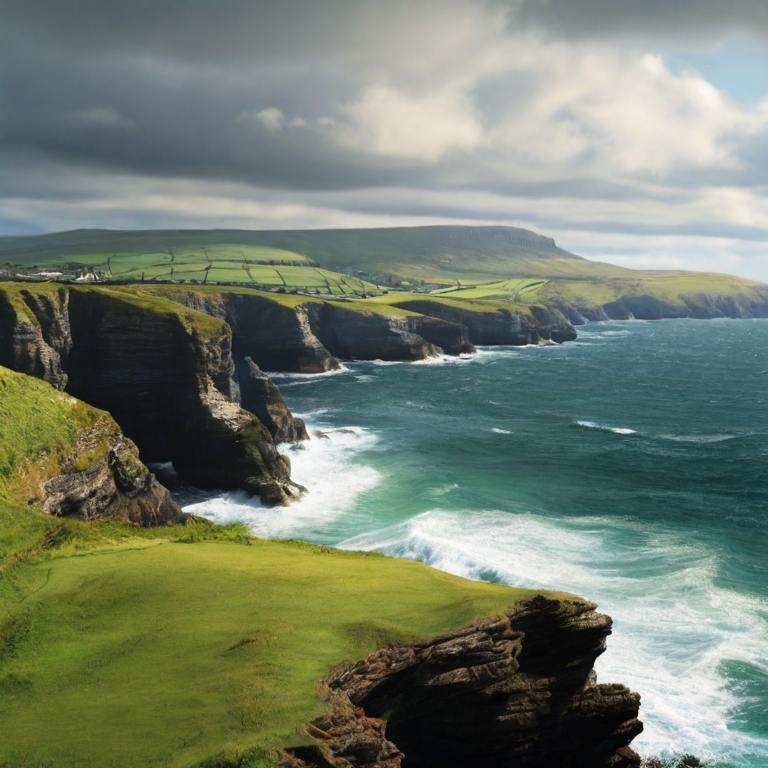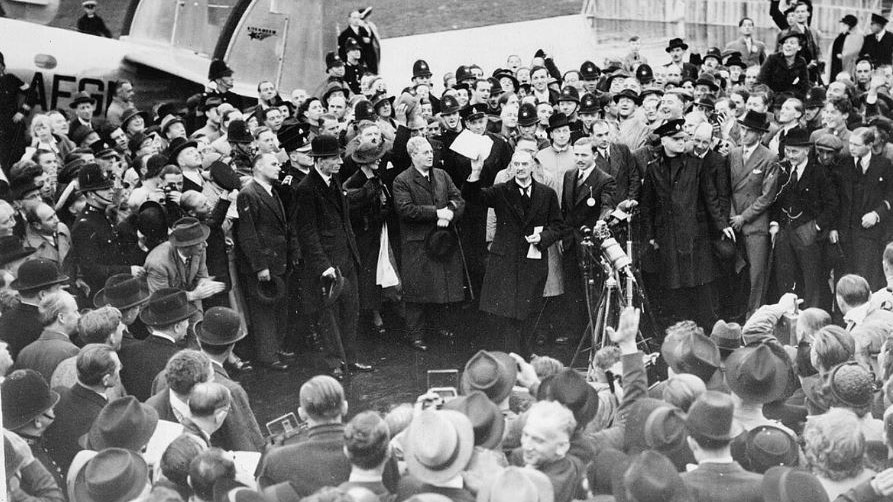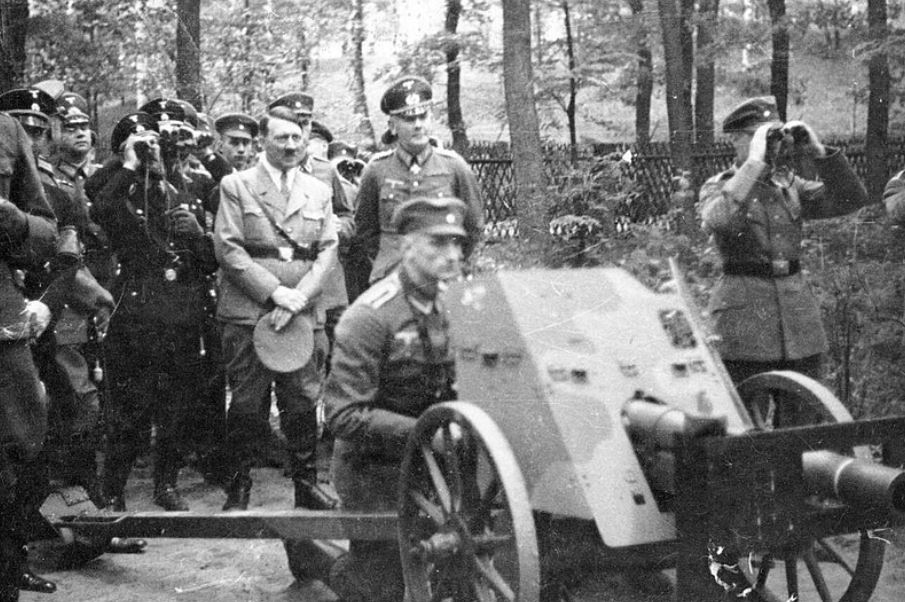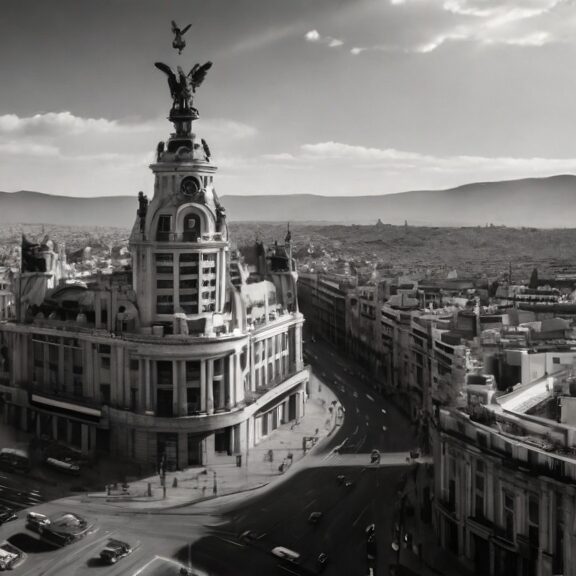What side was Ireland on in World War 2? During World War 2, Ireland found itself in a precarious position, navigating the complexities of neutrality amidst a global conflict.
This article explores into the intricate factors that shaped Ireland’s stance during this period It will examine the complexities of Ireland’s relationship with the UK, and the motivations, challenges, and consequences of its decision to remain neutral.
- 1. Ireland’s Historical Background
- 2. Irish War of Independence
- 3. The Role of Eamon de Valera in World War 2
- 4. Ireland’s Pre-War Relations with the UK
- 5. British and Irish Negotiations During the War
- 6. De Valera's Support for the UK While Maintaining Neutrality
- 7. Declaration of a State of Emergency
- 8. Ireland's Limited Military Capabilities
- 9. Germany's Military Plans for Ireland
- 10. De Valera's Defense of Neutrality
- 11. The Lasting Impact of Neutrality on Ireland's History
- Further Reading
1. Ireland’s Historical Background
Integration with the UK (1801)
Ireland’s integration into the United Kingdom in 1801 marked a pivotal turning point in its history, shaping its political landscape and national identity. This union, known as the Act of Union, was a strategic move driven by a complex interplay of factors.
The British government, seeking to consolidate its power and quell the threat of Irish rebellion, viewed the union as a means to ensure stability and control.
For Ireland, the union offered the promise of economic benefits and increased representation in Parliament. It was hoped that long-standing grievances would be addressed.
However, the Act of Union was not without its detractors. Many Irish citizens resented the loss of their autonomy and feared the erosion of their cultural identity.
The union also failed to address the deep-seated issues of land ownership and religious discrimination. These issues continued to fuel tensions within Irish society.
Emergence of Nationalism (Late 19th Century)
The late 19th century witnessed a remarkable resurgence of Irish nationalism. It was a potent force that swept across the country, galvanizing the population and transforming the political landscape. This surge of nationalistic sentiment was fueled by a confluence of factors, including:
- Cultural Revival: A renewed interest in Irish language, literature, and history ignited a deep sense of pride and cultural identity among the Irish people.
- Economic Disparities: The economic inequalities between Ireland and Britain, coupled with the devastating effects of the Great Famine, fueled resentment and a desire for economic self-sufficiency.
- Political Oppression: The perceived injustices of British rule, including the lack of Irish representation in Parliament and the continued presence of British troops, fueled a growing demand for self-governance.
This burgeoning nationalism manifested itself in various forms, including:
- Political Organizations: The formation of political organizations such as the Irish Republican Brotherhood (IRB) and the Irish Parliamentary Party, which advocated for different paths to Irish independence.
- Cultural Expression: The emergence of cultural movements, such as the Gaelic Revival, which sought to promote Irish language and culture as symbols of national identity.
- Protest and Resistance: Mass protests, demonstrations, and acts of civil disobedience became increasingly common, as the Irish people voiced their discontent with British rule.
The late 19th-century nationalist movement laid the groundwork for Ireland’s eventual independence. It mobilized the Irish population and raised awareness of the Irish cause on the international stage. This set the stage for the tumultuous events that would unfold in the early 20th century.
The Home Rule Act (1914) and Its Delayed Implementation
The Home Rule Act of 1914 was a watershed moment in Ireland’s quest for self-governance. This pivotal piece of legislation promised to transform the political landscape of the country.
Introduced in the British Parliament, the act proposed to grant Ireland a significant degree of autonomy within the United Kingdom. It involved devolving powers to an Irish parliament in Dublin.
However, the outbreak of World War I in the same year dramatically altered the course of events. The British government, preoccupied with the war effort, suspended the implementation of the Home Rule Act, indefinitely postponing Ireland’s hopes for self-determination.
This delay had far-reaching consequences, fueling resentment and deepening the divisions within Irish society.
Many Irish nationalists felt betrayed by the British government, viewing the suspension of Home Rule as a broken promise. The issue became a rallying cry for Irish independence, further radicalizing the nationalist movement.
The delay of the Home Rule Act also contributed to the rise of Sinn Féin. A political party dedicated to achieving complete independence from Britain. Sinn Féin’s popularity surged, as it capitalized on the widespread discontent and disillusionment with British rule.
The postponement of Home Rule ultimately played a significant role in shaping Ireland’s position during World War 2.
The unresolved issue of Irish independence remained a source of tension and instability, contributing to Ireland’s decision to remain neutral during the conflict.
2. Irish War of Independence
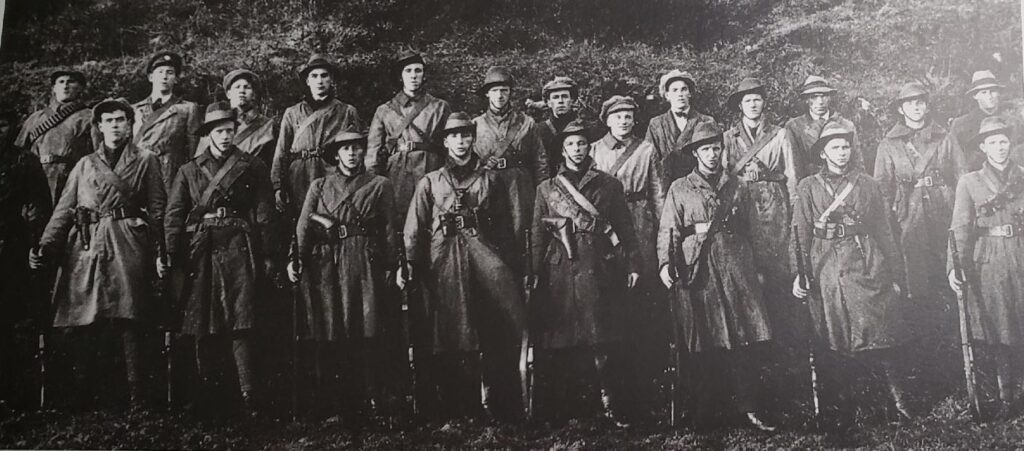
The Irish War of Independence, fought from 1919 to 1921, was a key conflict in Ireland’s long struggle for independence from British rule.
The war began when the Irish Republican Army (IRA), a guerrilla army formed by Irish nationalists, launched a campaign of attacks against British forces in Ireland.
The British responded with a harsh counter-insurgency campaign, which included reprisals against civilians and the use of internment camps.
The war was a bloody and brutal affair, with an estimated 2,000 people killed.
It also had a profound impact on Irish society, leading to widespread social and economic disruption. However, the war ultimately achieved its goal of securing independence for Ireland, albeit in a divided form.
Partition of Ireland (1921)
The partition of Ireland in 1921 was a watershed moment in Irish history.
It created two separate political entities on the island:
- Irish Free State as a self-governing dominion within the British Empire; and
- Northern Ireland, which remained part of the United Kingdom.
The border between the two entities was drawn along religious lines. The majority of Catholics were living in the south and a majority of Protestants were living in the north.
The partition was a direct result of the Irish War of Independence and the Anglo-Irish Treaty that ended the war.
The British government was reluctant to grant full independence to Ireland, fearing that it would lead to instability and a potential threat to British security.
Irish nationalists, on the other hand, were determined to achieve a united and independent Ireland.
The partition of Ireland had a number of unintended consequences. It created a sectarian divide that has persisted to this day.
3. The Role of Eamon de Valera in World War 2
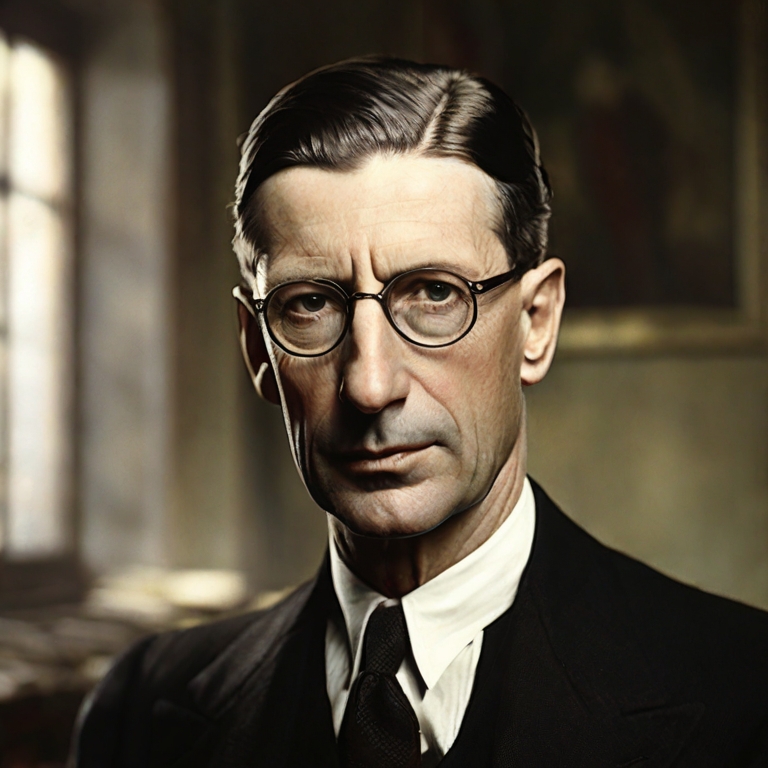
Eamon de Valera was a pivotal and enigmatic figure in Irish history and was nation’s leader during World War 2.
As a key leader of the Irish Republican Army (IRA), de Valera displayed strategic acumen and unwavering commitment to the cause of Irish independence.
His military leadership during the guerrilla warfare against British forces earned him respect among his contemporaries.
De Valera’s influence extended beyond the battlefield into the realm of political negotiations. He played a central role in the discussions that led to the signing of the Anglo-Irish Treaty in 1921.
However, his complex stance on the treaty became apparent as he ultimately opposed its terms, leading to a schism within the Irish leadership. This division would later have lasting implications for Ireland’s political landscape.
After the War of Independence, de Valera’s political journey continued with a prominent role in shaping the post-war Irish state. He played a crucial part in establishing the Irish Free State and later served as its head of government.
In 1937, de Valera further left his imprint on Irish governance by drafting a new constitution, effectively transforming the Free State into the sovereign state of Ireland.
Eamon de Valera’s leadership during World War 2 was characterized by a delicate balancing act.
Despite Ireland’s official policy of neutrality, de Valera subtly supported the Allied cause while navigating the intricate diplomatic challenges of the time. His refusal of Winston Churchill’s offer of Irish unification during the war underscored his commitment to preserving Irish sovereignty.
4. Ireland’s Pre-War Relations with the UK
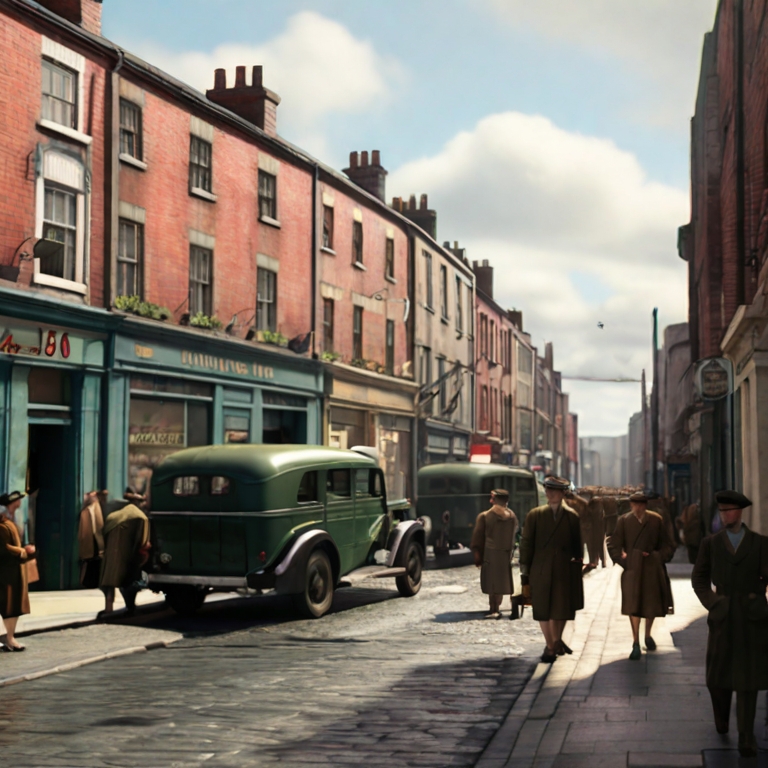
Economic Disagreements and the Return of Irish-Controlled Ports (1938)
In the lead-up to World War 2, Ireland’s economic relationship with the United Kingdom became a focal point of tension.
Economic disagreements between the two nations culminated in a significant event in 1938—the return of Irish-controlled ports. The ports, which had been under British control since 1921, were a source of contention.
As Ireland sought to assert its economic independence, the decision to regain control of these strategic ports carried symbolic weight.
The move signified a desire to break free from historical economic dependencies and set the stage for a more autonomous economic future.
However, Winston Churchill, a staunch defender of British interests and a key figure in shaping wartime policies, voiced strong concerns and objections to Ireland’s decision to reclaim the ports.
Churchill, known for his strategic foresight, raised objections based on the strategic importance of these ports in the context of an imminent war.
5. British and Irish Negotiations During the War
UK’s Offer of Irish Unification (1940)
Against the backdrop of escalating global tensions, the British government, grappling with the complexities of the war, extended a notable proposition to Ireland—the offer of unification.
The UK’s offer of Irish unification in 1940 was a strategic move motivated by several factors:
- World War 2: The UK was facing a dire situation during World War 2, with the threat of invasion by Nazi Germany looming large. In this context, the British government sought to secure Ireland’s neutrality and prevent it from becoming a base for German operations.
- Irish Neutrality: Ireland’s declaration of neutrality at the outbreak of World War 2 was a major concern for the UK. The British feared that Germany could use Ireland as a base for submarine attacks on British shipping lanes.
- Northern Ireland: The UK was also concerned about the potential for unrest in Northern Ireland, where a significant portion of the population was sympathetic to the Irish Republican Army (IRA) and the goal of a united Ireland.
The UK’s offer of Irish unification was an attempt to address these concerns by appeasing Irish nationalists and securing Ireland’s cooperation during the war. However, the offer was ultimately rejected by the Irish government. They feared that it was a ploy to draw Ireland into the war on the side of the Allies.
In addition to these strategic considerations, the UK’s offer of Irish unification was also influenced by a desire to maintain good relations with the United States, which had a large and influential Irish-American population. The British government hoped that by offering to unify Ireland, it could gain the support of the Irish-American community and strengthen its ties with the US.
De Valera’s Refusal and Concerns about Northern Irish Leadership
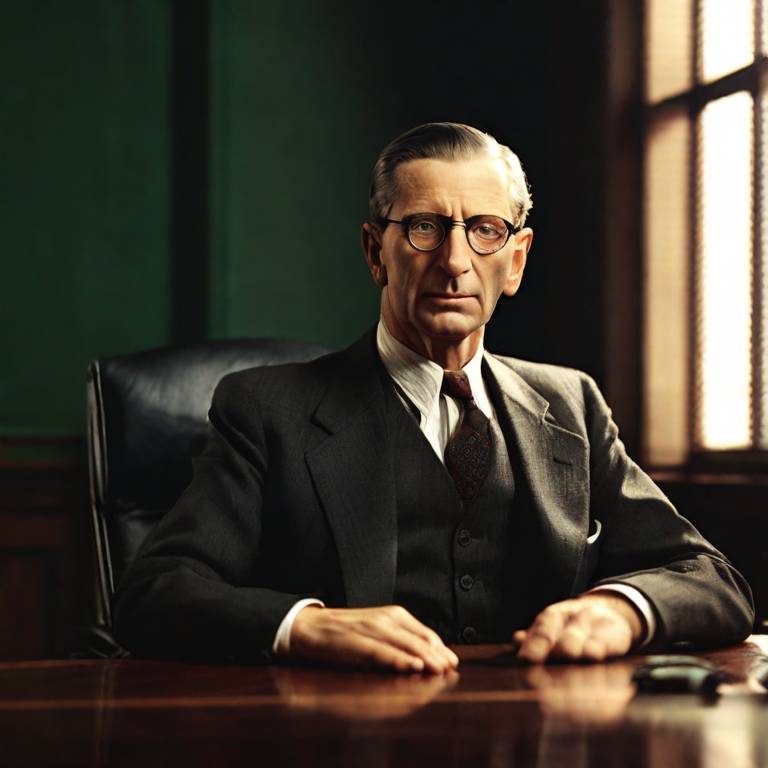
Eamon de Valera, the leader of Ireland, was faced with a critical decision in response to the British offer.
The proposal involved the potential unification of Ireland and Northern Ireland into a single Irish state. However, De Valera, known for his cautious and strategic approach, refused the offer.
His decision was influenced by several factors, most notably his mistrust of the Northern Irish leadership, particularly Prime Minister James Craig.
De Valera’s concerns about the complexities of reaching an agreement with Northern Ireland played a crucial role in his refusal.
The intricate historical and political divisions between the two regions added a layer of complexity to the potential unification, and De Valera’s reservations underscored the delicate nature of Irish-British relations during this critical period.
6. De Valera’s Support for the UK While Maintaining Neutrality
Despite refusing the unification offer, De Valera exhibited a nuanced and strategic approach to Ireland’s stance in the war.
Éamon de Valera’s subtle support for the UK while maintaining Ireland’s neutrality during World War 2 was a complex and controversial strategy.
- Intelligence Sharing: De Valera’s government secretly shared intelligence with the UK, particularly regarding German U-boat activity off the Irish coast. This information was vital to the UK’s efforts to protect its shipping lanes and counter the German naval threat.
- Turning a Blind Eye: De Valera’s government turned a blind eye to the activities of the British Special Operations Executive (SOE) in Ireland. The SOE was a British intelligence agency that conducted sabotage and espionage operations against Germany and its allies.
- Internment of IRA Members: De Valera’s government interned hundreds of IRA members during the war, effectively neutralizing the organization and preventing it from carrying out attacks against the UK.
- Public Neutrality: Despite these covert actions, de Valera maintained a public stance of neutrality. He refused to allow the UK to use Irish ports or airspace, and he did not declare war on Germany.
De Valera’s strategy was motivated by a number of factors:
- National Security: De Valera believed that Ireland’s neutrality was essential to its security. He feared that if Ireland openly supported the UK, it would become a target for German attack.
- Domestic Politics: De Valera was under pressure from both pro-Allied and pro-German elements within Ireland. By maintaining neutrality, he was able to avoid alienating either side.
- International Reputation: De Valera wanted to maintain Ireland’s reputation as a neutral country. He believed that this would help Ireland to play a role in international affairs after the war.
De Valera’s strategy was successful in achieving its goals. Ireland remained neutral throughout the war, and it avoided becoming a target for German attack. De Valera’s government also maintained good relations with both the UK and the US, which helped to ensure Ireland’s security and prosperity in the postwar period.
However, de Valera’s strategy was also controversial. Some critics accused him of being too sympathetic to the UK and of betraying Ireland’s neutrality.
Despite these criticisms, de Valera’s strategy ultimately served Ireland’s interests well.
7. Declaration of a State of Emergency
In response to the intensifying global conflict during World War 2, Eamon de Valera made a strategic move by declaring a state of emergency.
This pivotal decision allowed the Irish government to wield extraordinary powers.
This enabled them to take swift and decisive actions to safeguard the nation’s interests. This included heightened control over media narratives and acute intervention in the economy.
8. Ireland’s Limited Military Capabilities
Despite its declaration of neutrality, Ireland’s military capabilities during World War 2 were notably limited.
The Irish Army, with less than 30,000 soldiers, had constrained resources compared to the military might of other nations embroiled in the conflict.
The Irish Navy, comprising around fifty ships and a modest aircraft force, reflected the nation’s relatively modest military stature.
9. Germany’s Military Plans for Ireland
German Bombings in 1940 and Subsequent Years
The specter of war reached Ireland’s shores in 1940 when German bombers conducted raids, marking a poignant moment in the nation’s wartime experience.
The bombings were not of the scale witnessed in other war-torn regions. However, urban areas, including Dublin and Belfast, bore the brunt of the attacks, with damage to infrastructure and civilian casualties becoming a grim reality.
The continued bombings in subsequent years added layers of complexity to Ireland’s neutral stance.
Alleged Plans for a German Invasion (Operation Green)
The fear of a German invasion loomed over Ireland during World War 2, shaping the nation’s wartime narrative and strategic considerations.
Although Operation Green, a purported German plan to invade Ireland, never materialized. The alleged existence of such plans underscored the gravity of Ireland’s position in the broader context of the war.
Ireland’s neutrality, while officially declared, did not shield it from the strategic interests of the warring factions. German military planners, eyeing the significance of Ireland’s geographic location and potential utility, purportedly drafted plans for an invasion.
The operation, considered a complementary part of Operation Sea Lion aimed at the United Kingdom, envisioned a German incursion into Irish territory. Specific details remain shrouded in historical ambiguity. But the alleged plan hinted at the strategic importance of Ireland as a potential staging ground or logistical base.
For Ireland, the mere existence of Operation Green heightened awareness of its vulnerability, forcing leaders to reassess their defensive capabilities and diplomatic maneuvers.
Ireland, while spared an actual invasion, grappled with the implications of being a strategic pawn in a global conflict. It had to balance between maintaining neutrality and navigating the geopolitical currents of World War 2.
Refusal of a German Military Offer
Germany’s military offer to Ireland during World War 2 was to provide Ireland with arms, ammunition, and training for an Irish volunteer force.
The Germans also offered to send troops to Ireland to help defend the country against a possible British invasion.
The German offer was made through Abwehr agent Hermann Görtz, who approached the Irish government in May 1940. Görtz met with Irish Foreign Minister Éamon de Valera and other senior Irish officials, and he outlined the terms of the German offer.
The Irish government was initially interested in the German offer, as it was concerned about the threat of a British invasion.
However, the Irish government was also aware of the risks of accepting German military assistance. Ultimately, the Irish government decided to refuse the German offer. They feared that doing so would violate Ireland’s neutrality and provoke a British invasion.
The German offer to Ireland was part of a broader German strategy to gain support from neutral countries during World War 2.
Germany made similar offers to other neutral countries, such as Sweden and Switzerland. However, none of these countries accepted the German offers.
The full extent of Germany’s military offer to Ireland is not known, as the German records from this period are incomplete. However, it is clear that the Germans were willing to provide Ireland with significant military assistance, including arms, ammunition, training, and troops.
10. De Valera’s Defense of Neutrality
Winston Churchill, the British Prime Minister during World War 2, was a vocal critic of Ireland’s neutrality.
He believed that Ireland should have joined the Allies in the war against Nazi Germany. Churchill accused Ireland of being uncooperative and of providing assistance to Germany.
In a speech to the House of Commons in 1940, Churchill said:
“The Irish nation… has chosen to be neutral. They are within their rights, but they cannot expect to remain entirely unaffected by the consequences of their neutrality. They cannot expect to get the advantages of being neutral without paying for them.”
Churchill also accused Ireland of providing safe haven to German submarines and of allowing German aircraft to refuel in Ireland.
De Valera’s Response:
Éamon de Valera, the Irish Taoiseach (Prime Minister) during World War 2, defended Ireland’s neutrality. He argued that Ireland had the right to remain neutral and that it was in Ireland’s best interests to do so.
De Valera also pointed out that Ireland had provided assistance to both the Allies and Germany during the war. For example, Ireland allowed Allied aircraft to use Irish airspace and provided medical assistance to German prisoners of war.
In a speech to the Dáil (Irish parliament) in 1941, de Valera said:
“We have been accused of being pro-German. We have been accused of being pro-British. We are neither one nor the other. We are pro-Irish.”
De Valera’s defense of neutrality was anchored in a profound understanding of Ireland’s historical struggle for sovereignty. He argued that active involvement in the war would transform Britain’s necessity into a moral obligation for Ireland. By maintaining neutrality, De Valera sought to preserve Ireland’s autonomy and avoid being drawn into conflicts that could compromise its hard-fought independence.
11. The Lasting Impact of Neutrality on Ireland’s History
Ireland’s decision not to align with either the Allies or Axis powers positioned Ireland as a unique player in the global drama of the time.
Eamon de Valera’s leadership during this critical period stands as a testament to his political astuteness and dedication to preserving Ireland’s sovereignty. His defense of neutrality, in the face of external pressures and internal complexities, showcased a leader navigating the intricate dance of wartime diplomacy.

